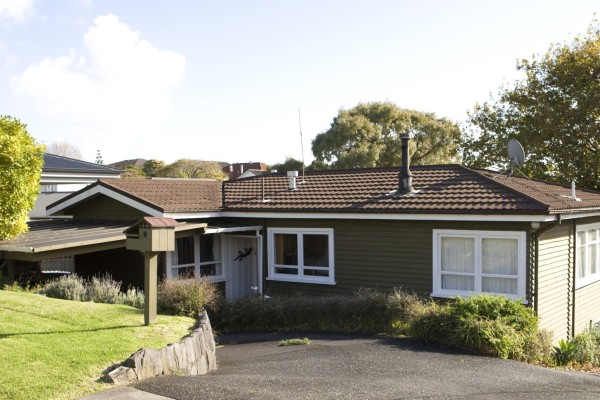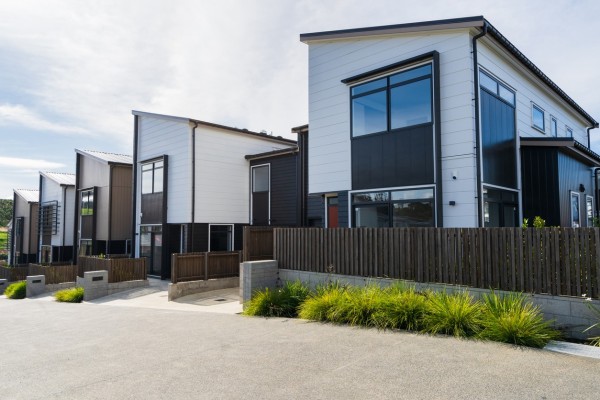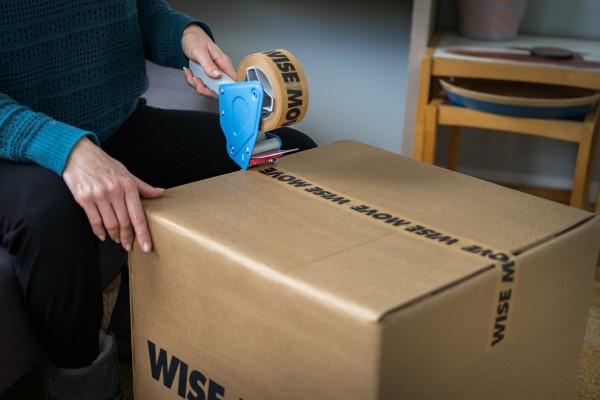Should you buy an apartment in New Zealand?

As New Zealand's population grows and more people choose to live in cities, the demand for apartments is increasing. However, many New Zealanders are unfamiliar with apartment living and the unique considerations living in a shared building involves.
From understanding all the fees involved with living in an apartment to considering the earthquake rating of your building before you buy, there’s a lot to consider.
Why buy an apartment?
New Zealand’s population is not only growing, but the way many Kiwis live is also changing. As our cities grow, many New Zealanders want homes that work better with their lifestyle, especially in their 20s and 30s. There are pros and cons to buying any type of property. However, an apartment could be a great option if you:
Are trying to get onto the property ladder. Given the cost of an average home in New Zealand, apartments provide an affordable alternative to getting on the property ladder. According to Opes Partners, on average, apartments increased by 3.8% a year, compared to 5.8% per year for the average home.
Want a home that reflects your city lifestyle. Most apartments in major metropolitan cities are located in the CBD or the city fringes. If you spend most of your time working and socialising in the city, a house in a suburb might not make much sense at this stage.
Want a smaller mortgage. Whether you’re single, low-income or don’t want a big mortgage, the average mortgage for an apartment is much smaller than a standalone home.
Are there downsides to buying an apartment?
There can be downsides to buying any type of property. As long as you’re aware of your responsibilities as a homeowner, buying an apartment rather than a house could be a good idea. However, here are some possible drawbacks.
Living in a smaller space. New Zealanders are used to the idea of buying a home with a backyard and a parking garage. Apartments are usually a lot smaller which means you’ll have to get used to the idea of living in a smaller space. If you’ve lived in apartments before, this shouldn’t be a problem.
They take longer to sell. Apartments take longer to sell than townhouses and homes. This could be because there’s a smaller demographic of people willing to buy or live in an apartment than a townhouse or family-sized home.
Apartments grow in value slower than houses. If you’re an investor, an apartment might not be the best option if your only concern is capital gains. The upside of buying an apartment as an investment is they are popular with tenants. They also decrease in value slower than townhouses and homes.
What do I need to know about buying an apartment?
Whether you’ve owned a home before or not, most people know a little bit about the buying, selling and ownership process. You probably know you’ll have to pay rates, maintenance and insurance to consider as well as the cost of your mortgage each month. Owning an apartment is slightly difference. You might have body corporate fees and levies to pay and it’s not always up to you what that money is spent on.
Here are some things you need to know about buying an apartment in New Zealand:
Understanding Body Corporate:
Buying an apartment in New Zealand makes you part of a body corporate. This collective entity manages the shared areas and amenities of the building.
Financial Contributions:
As a member of the body corporate, you'll be required to pay regular levies to cover shared expenses such as maintenance, insurance, and administration costs. Most apartments charge quarterly body corp fees and these are influenced by council rates and insurance costs as well as the general cost of living. You’ll pay a body corp fee annually (or through four quarterly payments) rather than paying council rates and insurance to each provide the way homeowners do.
Decision-Making:
The body corporate makes important decisions about your building. As an owner and member of the body corp you’ll get a say through meetings and voting rights. Some things you’ll vote on will include building repairs, renovations, and rule enforcement. For example, you might vote on whether it's a good idea to spend some of the body corp fees for maintenance on hiring window cleaners, landscaping or upgrades to lifts or stairs in the building.
As part of the body corp, you’ll need to learn to work and make decisions as part of a team. If you don’t like compromising, buying and living in an apartment might not be a good fit for you.
Rules and Bylaws:
Each apartment complex has its own set of rules and bylaws that govern residents' behaviour and the use of common areas. Make sure to familiarise yourself with these before making a purchase. Some apartments aren’t pet friendly, while others require you to seek approval before you get a cat or dog. Other apartments require approval before you can renovate your apartment.
Make sure you know the specifics of these rules before you buy. Ie. Will your body corp approve small dogs but not a Great Dane? Do you need to ask before you paint your apartment door or do you only need approval for renovations that will cause disruptions to your neighbours?
Understanding Insurance Levies:
Insurance is crucial for apartment buildings, especially in earthquake-prone areas. Here's what you should know:
Insurance Coverage:
The body corporate is responsible for insuring the building's structure and common areas. However, you’ll need to arrange your own contents insurance to cover personal belongings. Make sure you know how much your apartment is covered in the event of a fire or earthquake. Insurance coverage often isn’t the same as the value of your apartment.
Insurance Levies:
The cost of building insurance is typically included in the body corporate levies, which are shared among apartment owners. Make sure you understand the insurance provisions and related costs, as these usually go up each year.
Earthquake strengthening:
Living in New Zealand, it’s important to consider the NBS rating of the building as a whole. A low rating can affect your home's safety, your insurance premiums and could require your building to undergo earthquake-strengthening work at some point. This can be very expensive.
Sharing Maintenance Responsibilities:
Living in an apartment means sharing maintenance responsibilities with other residents. Here are some things you should consider before buying an apartment:
Regular Maintenance:
The body corporate will oversee regular maintenance, such as cleaning common areas and servicing shared facilities.
Major Repairs:
In the event of major repairs or maintenance, the body corporate will coordinate and fund the necessary work. This may involve levying additional contributions from apartment owners. You can request old minutes from body corporate meetings to get an idea of the type of repairs that have been performed in the past.
Sinking Funds:
The body corporate may establish a sinking fund to accumulate funds for future maintenance or unexpected expenses. Ensure you understand how contributions to this fund work.
The Role of the Board:
Most apartment complexes have a board or committee responsible for managing the body corporate's affairs. Here's what you need to know:
Board Members:
The board is typically composed of apartment owners who are elected by the body corporate. They make decisions on behalf of the residents and ensure the building is well-maintained. You can join the Board if a place becomes available as long as the movement is approved by other members of the body corp.
Meetings and Communication:
The board holds regular meetings to discuss matters related to the apartment complex. It's important to stay informed and actively participate in these meetings to have a voice in decision-making.
Selling Your Apartment:
If you decide to sell your apartment in the future, there are certain things you should know that is different from selling a home.
Marketing and Real Estate Agents:
Working with a real estate agent experienced in apartment sales can help attract potential buyers and navigate the specific aspects of apartment transactions.
Disclosure Statements:
Before completing a sale, the seller must provide a disclosure statement to potential buyers. This document contains important information about the body corporate, rules, and financial details.
Selling Can Take A Long Time:
Apartments generally take longer to sell than homes or townhouses. Over the past 20 years, data collected by Opus showed that apartments took 100 days to sell during the toughest markets, compared to 44 days for a home. At other times, apartments took 52 days to sell compared to 39 days for homes.
Moving into an apartment?
Wise Move can help you find an affordable, professional mover whether you’re in Auckland, Wellington or Christchurch or somewhere further afield. Book your apartment move now.
What do our customers say?
Wherever You Are
Moving services across New Zealand. All Covered. No Hassle.
- Auckland
- North Shore
- Wellington
- Christchurch
- Hamilton
- Tauranga
- Palmerston North
- Nelson
- Whangarei
- New Plymouth
- Queenstown
- Dunedin
- Invercargill
- Rotorua
- Napier-Hastings
- Kapiti
- Whanganui
- Gisborne
- Blenheim
- Pukekohe
- Timaru
- Taupō
- Masterton
- Levin
- Ashburton
- Whakatāne
- Rangiora
- Feilding
- Rolleston
- Tokoroa
- Oamaru
- Hāwera
- Gore
- Waiuku
- Waiheke Island
- Greymouth
- Wanaka
- Motueka
- Te Puke
- Huntly
- Matamata
- Morrinsville
- Kerikeri
- Thames
- Kawerau
- Waitara
- Ōtaki
- Lincoln
- Kaitaia
- Stratford
- Alexandra
- Dannevirke
- Carterton
- Dargaville
- Cromwell
- Waihi
- Whitianga
- Snells Beach
- Marton
- Warkworth
- Foxton
- Taumarunui
- Katikati
For every (wise)move







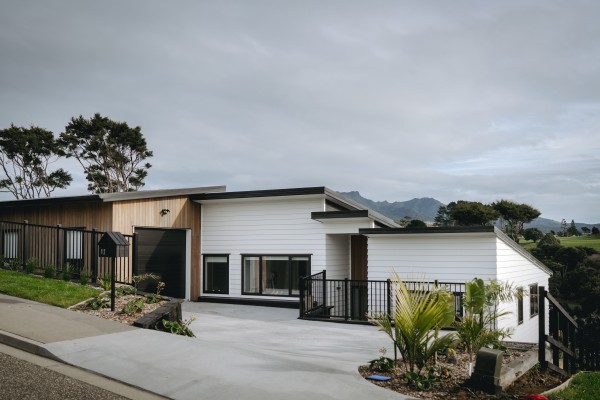
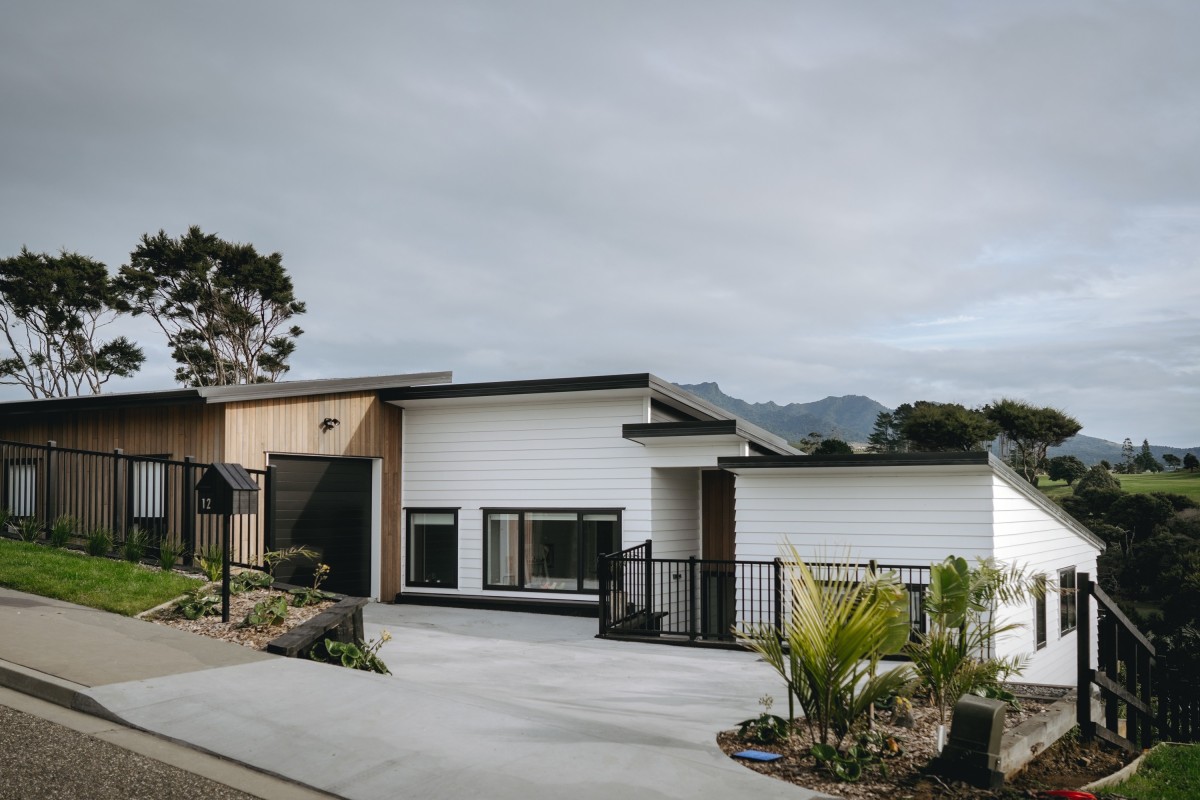
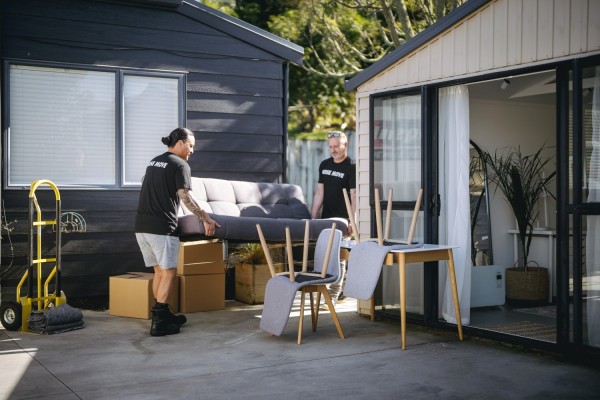

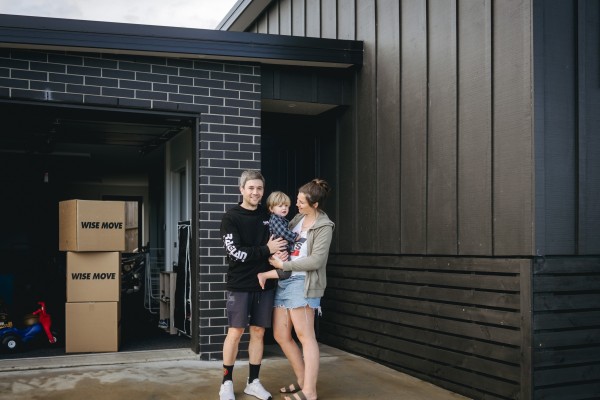

![What does it cost to build a new house in New Zealand? [2025] What does it cost to build a new house in New Zealand? [2025]](https://cdn.wisemove.co.nz/image/blog/ffd5dbdc5eec7e9eb3ad049d6c5c7f4d.jpeg)

